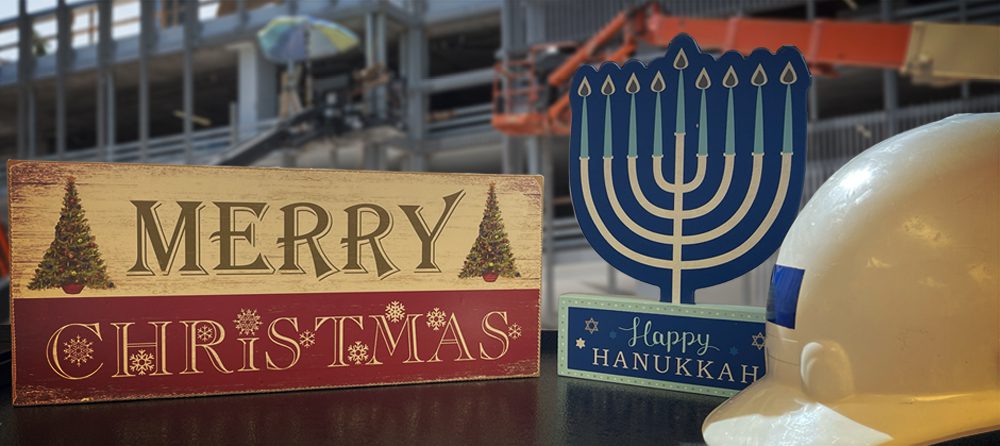Do you have traditions you repeat at holiday time, every year, outside the workplace? Have you ever thought about how the experiences attached to those traditions could benefit your perspective in the workplace? Consciously or unconsciously, they can and do.
Being an early riser, one of the Christmas traditions I adopted well over a decade ago is to sit in front of the lights of the Christmas tree, in the dark room with just a reading light, and read a chapter a day of The Power of Christmas Prayer. Each year, when we unpack the book, it brings the anticipation of how I can gain new perspective by putting myself in the place of each of the people represented in the Christmas story while reflecting on the past years. In fifteen chapters and 141 pages, the author takes me, the reader, through each of the people’s suggested viewpoints, going from places of uncertainty and working through proposed emotions to a place of acceptance and personal growth. With their first thoughts, the shepherds felt inferior, Joseph felt betrayed, Mary felt unworthy, and all the people in late BC and early AD were under fear of government rule and terrible kings, such as Herod and Caesar. None of them could ever have imagined their lives would put them in the situations they faced, yet once they came to acceptance, they used faith to trust in the outcome.
This annual reading tradition reminds me to look at the things in my life that may not have been the plan I chose or would have ever imagined happening in my life and to those around me. It helps me see the upside of adversity if I focus on what was learned and how better to react when something stirs adverse emotion within me or others.
Reading about the shepherds feeling inferior in their occupation helps me to remember and help develop in others the “boots to boardroom” mentality. It doesn’t matter what role an individual plays within the company; focusing on the importance of their role and the dignity of the person themselves goes a long way. Hopefully, our laborers and trades and support staff know how vital to our industry they are. While management is important also, without the trades, who gets it built?
The chapters are filled with characters hearing news they weren’t expecting and many surprising thoughts going through their minds before everything is played out. Having a “this too will pass” thought process can go a long way in both our personal and business lives. Circumstances can change on a dime, and most of the time for the better when we stay focused, with the right attitude, and play out the challenging situation without adding fuel to the fire with negative emotions, such as anger or disappointment that you are facing the situation at all. Remembering that our current circumstances are only temporary can not only help us make smarter decisions but also help those around us stay calm.
The most prominent thing the book reminds me of is that we all have our story, as crazy as it might be. Being supportive of others telling their version of events and history and obtaining common ground shows good judgment—even if you can’t relate or were there and saw a different angle to the events. You do this by remaining neutral to their circumstances and asking open-ended questions to understand until you have something concrete to react to and can choose whether to respond or protect yourself from appearing judgmental.
Your traditions might be gathering with the same people each year, going to a set place, exploring a new place, or eating special food. No matter what the annual tradition is, it changes with time as the people we share those traditions with may not be physically with us each year.
Webster defines tradition as an inherited, established, or customary pattern of thought, action, or behavior. What traditions do you have? What thoughts, actions, and behaviors are with them?
If your traditions develop positive thoughts and character within you, bring them into the workplace. December doesn’t have to be the only “Most Wonderful Time of the Year.”
What takeaways do you have from annual traditions? Share the good ones on our blog.
Merry Christmas and Happy New Year!
Suzanne Breistol




